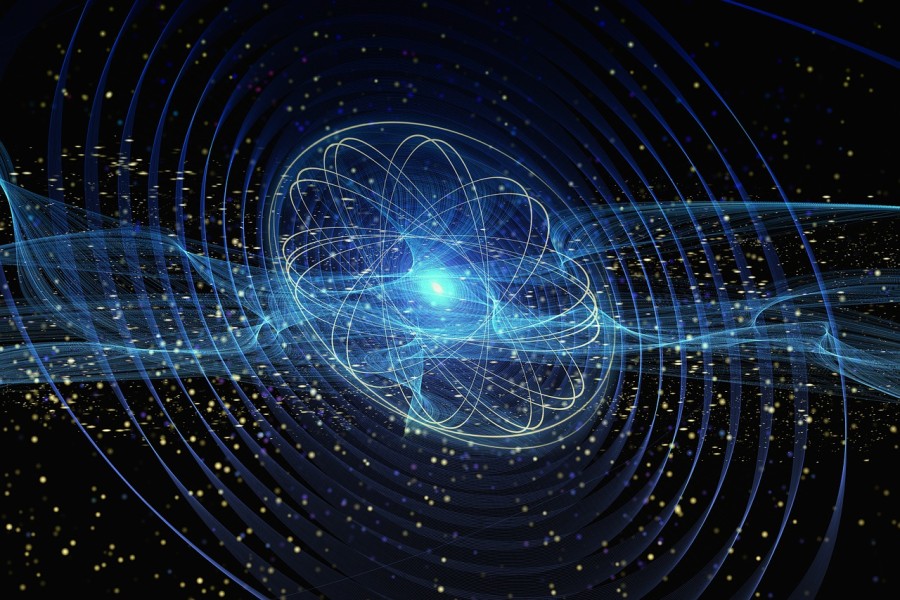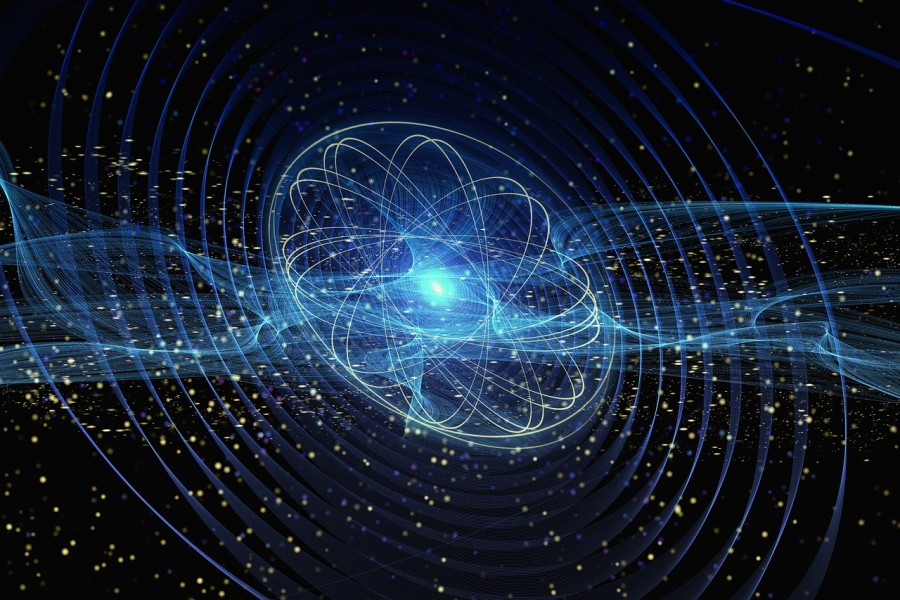
Quantum Computing is the area of study focused on developing computer technology based on the principles of quantum theory. Tens of billions of public and private capitals are being invested in Quantum technologies. Countries across the world have realized that quantum technologies can be a major disruptor of existing businesses [1].
A Comparison of Classical and Quantum Computing
Classical computing relies, at its ultimate level, on principles expressed by Boolean algebra. Data must be processed in an exclusive binary state at any point in time or what we call bits. While the time that each transistor or capacitor need be either in 0 or 1 before switching states is now measurable in billionths of a second, there is still a limit as to how quickly these devices can be made to switch state.
As we progress to smaller and faster circuits, we begin to reach the physical limits of materials and the threshold for classical laws of physics to apply. Beyond this, the quantum world takes over, in a quantum computer, a number of elemental particles such as electrons or photons can be used with either their charge or polarization acting as a representation of 0 and/or 1. Each of these particles is known as a quantum bit, or qubit, the nature and behavior of these particles form the basis of quantum computing [2]. Classic computers use transistors as the physical building blocks of logic, while quantum computers may use trapped ions, superconducting loops, quantum dots or vacancies in a diamond [1].
Challenges in Quantum Computing
- Building scalable and stable quantum hardware: One of the main challenges in quantum computing is building a device that can handle a large number of qubits while maintaining stability and coherence.
- Dealing with noise and errors in quantum systems: Quantum systems are highly sensitive to noise and errors, which can disrupt computation and lead to inaccurate results.
- Developing efficient algorithms for quantum computation: As the capabilities of quantum computers are expanding, so is the need for new algorithms that can take advantage of the unique properties of quantum systems.
- Implementing error correction and error mitigation methods: Error correction and error mitigation are crucial for building a useful quantum computer, but the methods used to accomplish this are still in the early stages of development.
- Designing and implementing quantum communication and networking: Quantum communication and networking technologies, such as quantum key distribution and quantum teleportation, are still in the early stages of development, and there are many challenges to be overcome before they can be implemented on a large scale.
- Addressing the lack of skilled professionals: The field of quantum computing is relatively new and there is a shortage of professionals with the necessary skills and knowledge to work with quantum devices and software.
- Addressing the lack of integration of quantum technology with classical technology: It is still a challenge to seamlessly integrate quantum technology with existing classical technology, making it difficult to use quantum computing for practical applications.
- Developing robust software and programming languages for quantum computing: There are currently limited software and programming languages that can be used for quantum computing, and these are still in the early stages of development.
- Addressing the lack of standardization: There is currently a lack of standardization in the field of quantum computing, which makes it difficult to compare different devices and technologies.
- Addressing the cost-effectiveness of quantum computing: Building and operating a quantum computer is still very expensive, and this is a major barrier to the widespread adoption of quantum computing [3].
Trends in Quantum Computing
· Increasing qubit count and coherence times in quantum devices: The number of qubits (quantum bits) in a quantum computer is an important metric of its power. As the number of qubits increases, so does the computational power of the device. Coherence times refer to how long qubits can maintain their quantum state before decohering, and longer coherence times enable more complex computations.
· Development of new quantum algorithms and optimization techniques: As the capabilities of quantum computers are expanding, so is the development of new algorithms and techniques to take advantage of the unique properties of quantum computing. These include quantum machine learning, quantum error correction, and quantum optimization algorithms.
· Emergence of quantum-inspired classical algorithms and hardware: Researchers are studying the properties of quantum systems to develop new classical algorithms and hardware that mimic some of the advantages of quantum computing.
· Growing interest and investment in quantum computing from industry and government: As the potential applications of quantum computing become more apparent, there is growing interest and investment in the field from both industry and government.
· Increased collaboration and sharing of resources among quantum research institutions and companies: As quantum computing becomes more important, there is an increasing amount of collaboration and sharing of resources among quantum research institutions and companies.
· The use of quantum machine learning and quantum artificial intelligence: Researchers are exploring the use of quantum computing to develop new machine learning and artificial intelligence algorithms that can take advantage of the unique properties of quantum systems.
· Rising of Quantum Cloud Services: With the increasing qubit count and coherence times, many companies are now offering quantum cloud services to user, which allows them to access the power of quantum computing without the need of building their own quantum computer.
· Advancement in Quantum Error Correction: To make a quantum computer practically useful, it is necessary to have quantum error correction techniques to minimize the errors that occur during computation. Many new techniques are being developed to achieve this goal.
The Future?
In the near future, it is likely that quantum computing will continue to be developed for specific applications such as optimization, machine learning and cryptography. Researchers are also working on developing more stable and reliable qubits, which are the building blocks of quantum computers. As the technology matures and becomes more accessible, it is expected to be increasingly used in industries such as finance and healthcare, where it can be used to analyze large amounts of data and make more accurate predictions.
In the long term, #quantumcomputing has the potential to revolutionize many industries and change the way we live and work. However, it is still a relatively new technology, and much research and development is needed before it can be fully realized [3].
Ahmed Banafa, Author the Books:
Secure and Smart Internet of Things (IoT) Using Blockchain and AI
Blockchain Technology and Applications
References
1. https://www.linkedin.com/pulse/quantum-technology-ecosystem-explained-steve-blank/?
2. https://www.bbvaopenmind.com/en/technology/digital-world/quantum-computing-and-ai/
3. #chatgpt
Also Read:
10 Impactful Technologies in 2023 and Beyond
9 Trends Will Dominate Blockchain Technology In 2023
Share this post via:







The Name Changes but the Vision Remains the Same – ESD Alliance Through the Years